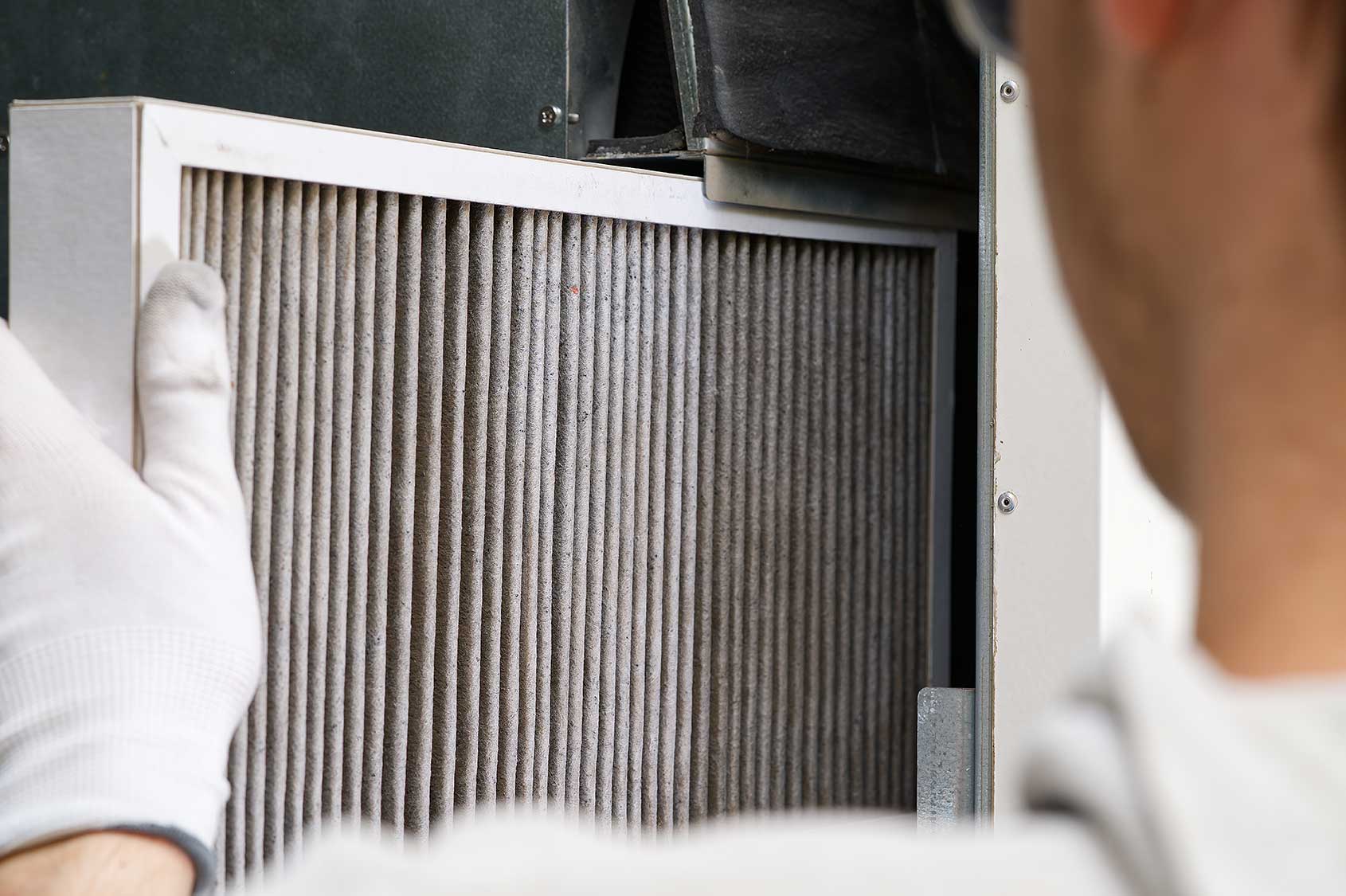

Articles
What Is A HVAC Filter
Modified: January 8, 2024
Looking for articles on HVAC filters? Discover what HVAC filters are and how they can improve indoor air quality in this informative guide.
(Many of the links in this article redirect to a specific reviewed product. Your purchase of these products through affiliate links helps to generate commission for Storables.com, at no extra cost. Learn more)
Introduction
An HVAC (Heating, Ventilation, and Air Conditioning) filter plays a crucial role in maintaining indoor air quality and ensuring the efficient functioning of your HVAC system. It serves as a barrier, capturing dust, allergens, and other airborne particles that can negatively impact the air you breathe. Understanding the importance of HVAC filters and knowing how to choose and maintain them is key to achieving optimal air quality in your home or workplace.
Indoor air pollution is a significant concern, as we spend a significant amount of time indoors. According to the Environmental Protection Agency (EPA), indoor air can be two to five times more polluted than outdoor air. Common indoor pollutants include dust, pet dander, pollen, mold spores, and volatile organic compounds (VOCs) emitted by household products. These pollutants can cause respiratory issues, allergies, and other health problems.
This is where HVAC filters come into play. They are designed to trap particles and prevent them from circulating in the air. By regularly replacing or cleaning HVAC filters, you can keep your indoor air clean and free from harmful pollutants.
In this article, we will explore the different types of HVAC filters, the importance of choosing the right filter, and how to properly maintain and change them. By the end, you’ll have a good understanding of HVAC filters and be well-equipped to make informed decisions regarding your indoor air quality.
Key Takeaways:
- HVAC filters are essential for maintaining clean indoor air quality, protecting your HVAC system, and improving energy efficiency. Choosing the right filter and maintaining it regularly can lead to healthier indoor environments and long-term cost savings.
- Understanding MERV ratings and filter types is crucial for selecting the most suitable HVAC filter. Balancing filtration efficiency with system compatibility and maintenance needs ensures optimal air quality and HVAC system performance.
Read more: What Filter Should I Use For HVAC
Importance of HVAC Filters
HVAC filters play a crucial role in maintaining healthy indoor air quality and maximizing the performance of your HVAC system. Here are some of the key reasons why HVAC filters are important:
- Removal of airborne particles: HVAC filters are designed to capture dust, pollen, pet dander, mold spores, and other airborne particles that can be harmful to your health. By trapping these particles, filters prevent them from circulating in your home, reducing the risk of respiratory issues and allergies.
- Improved indoor air quality: With proper filtration, HVAC filters can significantly improve indoor air quality by removing pollutants and odors. This is particularly beneficial for individuals with allergies, asthma, or other respiratory conditions.
- Protection of HVAC system: HVAC filters help protect the internal components of your HVAC system from dust and debris. When these particles accumulate on the system’s coils, motors, and fans, they can hinder performance, reduce energy efficiency, and even cause system breakdowns. Regularly changing filters helps keep your HVAC system running smoothly.
- Energy efficiency: Clean HVAC filters allow for proper airflow, allowing your HVAC system to operate more efficiently. When filters become clogged with debris, the system has to work harder to distribute air, resulting in increased energy consumption and higher utility bills. Regularly changing filters can help optimize energy efficiency and lower energy costs.
- Prolonged lifespan: Taking care of your HVAC system by regularly changing filters can extend its lifespan. When filters are dirty and airflow is restricted, the system has to work harder, putting added stress on the components. By maintaining clean filters, you reduce the strain on the system and help ensure its longevity.
Given the benefits of HVAC filters, it is essential to choose the right type of filter for your HVAC system and to maintain it properly. The next section will delve into the different types of HVAC filters available and their respective features and benefits.
Types of HVAC Filters
When it comes to HVAC filters, there are several types available, each with its own unique features and filtration capabilities. Understanding the differences between these filters can help you choose the one that best suits your needs. Here are some common types of HVAC filters:
- Fiberglass Filters: Fiberglass filters are the most basic and affordable option. They consist of a thin sheet of fiberglass material formed into pleats. While they are effective at capturing large dust particles, they offer limited filtration for smaller particles and allergens. Fiberglass filters typically have a MERV rating of 1 to 4, indicating their lower efficiency.
- Pleated Filters: Pleated filters are made of polyester or cotton fibers and have a larger surface area compared to fiberglass filters. This allows for better particle capture and improved filtration. Pleated filters are available in various MERV ratings, with higher ratings indicating better filtration efficiency. They are a popular choice for residential and commercial HVAC systems.
- High-Efficiency Particulate Air (HEPA) Filters: HEPA filters are highly efficient at capturing small particles, including pollen, dust mites, pet dander, and even some bacteria and viruses. These filters meet stringent standards and have a MERV rating of 17 to 20. HEPA filters are commonly used in hospitals, laboratories, and allergy-sensitive environments.
- Electrostatic Filters: Electrostatic filters use a static charge to attract and capture particles. They can be either washable or disposable. Washable electrostatic filters require regular cleaning to maintain their efficiency. These filters are more effective at capturing smaller particles than fiberglass filters and are often reusable, making them more environmentally friendly.
- Activated Carbon Filters: Activated carbon filters consist of a layer of activated carbon material that effectively absorbs odors and gases. While they are not as efficient at capturing dust and particles, they are excellent for improving indoor air quality by removing foul odors and chemical pollutants. Activated carbon filters are often used in conjunction with other filters for optimal air purification.
Each type of HVAC filter comes with its own benefits and considerations. When choosing a filter, consider factors such as filtration efficiency, airflow resistance, and the specific needs and allergies of individuals in your household. Additionally, consulting with an HVAC professional can help you make an informed decision based on the specific requirements of your HVAC system.
MERV Ratings and Filter Efficiency
When selecting an HVAC filter, understanding the MERV (Minimum Efficiency Reporting Value) rating is crucial. MERV ratings measure a filter’s ability to capture and remove particles of different sizes from the air. The higher the MERV rating, the more efficient the filter is at trapping smaller particles.
The MERV rating scale typically ranges from 1 to 20, with higher ratings indicating higher filtration efficiency. Here’s a breakdown of the MERV rating categories:
- MERV 1-4: These filters offer basic filtration and primarily capture larger particles like dust and carpet fibers. They are the least effective at removing smaller particles and allergens.
- MERV 5-8: Filters in this range provide better filtration than MERV 1-4 filters. They capture smaller particles such as pollen, pet dander, and mold spores. These filters are suitable for most residential and commercial settings.
- MERV 9-12: Filters in this range are considered high-efficiency filters. They are capable of capturing smaller particles, including fine dust, bacteria, and some viruses. These filters are commonly used in hospitals and commercial buildings where clean and pure air is essential.
- MERV 13-16: These filters are regarded as high-performance filters. They can remove even smaller particles, including smoke, smog, and smaller bacteria and viruses. MERV 13-16 filters are often used in cleanrooms, medical facilities, and places that require very high-quality air.
- MERV 17-20: Filters in this range are known as HEPA (High-Efficiency Particulate Air) filters. They offer the highest level of filtration and are capable of removing extremely small particles. HEPA filters are commonly used in environments that demand the highest level of air purity, such as pharmaceutical labs and cleanrooms.
While higher MERV ratings indicate greater filtration efficiency, it’s important to consider the impact on system performance. Filters with higher ratings can restrict airflow, causing strain on the HVAC system and potentially reducing its efficiency. It’s essential to balance filtration efficiency with the capabilities of your HVAC system to provide adequate airflow.
Considering your specific needs, consult with an HVAC professional to determine the appropriate MERV rating for your system. They can help you select a filter that provides the desired level of filtration without compromising system performance.
Regularly changing your HVAC filter is essential for maintaining good indoor air quality and efficient system operation. Check your filter every 1-3 months and replace it when dirty.
Choosing the Right HVAC Filter
Choosing the right HVAC filter is essential for maintaining clean indoor air and maximizing the performance of your HVAC system. Here are some factors to consider when selecting a filter:
- Filtration needs: Assess your specific filtration needs based on the presence of allergens, pets, or individuals with respiratory conditions in your home. If you have allergies, asthma, or other sensitivities, filters with higher MERV ratings are recommended to capture smaller particles.
- System compatibility: Consider the compatibility of the filter with your HVAC system. Check the manufacturer’s guidelines or consult with an HVAC professional to ensure the filter is the right size and type for your system.
- MERV rating: Determine the appropriate MERV rating based on your filtration needs and the capabilities of your HVAC system. Strike a balance between filtration efficiency and airflow restriction to avoid straining your system.
- Type of filter: Consider the different types of filters available, such as fiberglass, pleated, HEPA, electrostatic, or activated carbon filters. Each type has its own benefits and considerations. Evaluate their filtration efficiency, maintenance requirements, and cost-effectiveness to determine the best fit for your needs.
- Budget: Take into account the cost of the filter and your budget. Higher-quality filters with better filtration capabilities typically come with a higher price tag. However, investing in a higher-quality filter can result in improved air quality and increased system performance, potentially reducing long-term costs.
- Maintenance: Consider the maintenance requirements of the filter. Some filters are disposable and need to be replaced regularly, while others are washable and can be reused. Assess your preference and availability for filter maintenance to choose the most suitable option.
- Additional features: Some filters may offer additional features like antimicrobial treatment or odor control. If you have specific concerns about allergens or odors, these features can be beneficial in enhancing air quality.
Remember, choosing the right HVAC filter is not a one-size-fits-all approach. It requires considering your specific needs, system compatibility, and balancing filtration efficiency with airflow. If you’re unsure about which filter to select, consult with an HVAC professional who can guide you in making an informed decision that ensures clean indoor air and optimal HVAC system performance.
Read more: How To Clean HVAC Filter
Maintaining and Changing HVAC Filters
Proper maintenance and regular replacement of HVAC filters are crucial to ensure optimal air quality and the efficient functioning of your HVAC system. Here are some essential tips for maintaining and changing HVAC filters:
- Inspect filters regularly: Check your HVAC filter regularly to assess its condition. Look for signs of dirt, dust, or debris accumulation. A dirty or clogged filter will restrict airflow and reduce the effectiveness of the filtration process.
- Follow manufacturer’s guidelines: Refer to the manufacturer’s instructions or consult the HVAC system manual for specific recommendations on filter maintenance and replacement. Each system may have its own guidelines regarding filter types, cleaning procedures, and replacement intervals.
- Set a reminder: Establish a schedule for filter inspections and replacements. Consider setting a reminder on your calendar or using phone apps to ensure you stay on top of regular maintenance tasks.
- Replace or clean filters as needed: Depending on the type of filter you have, you may need to replace it or clean it. Disposable filters should be replaced according to the manufacturer’s recommendations, typically every 1 to 3 months. Washable filters can be cleaned according to the manufacturer’s instructions, usually with water and mild detergent.
- Consider seasonal changes: Adjust your filter replacement schedule based on seasonal changes and environmental factors. For example, during peak allergy seasons or in areas with high dust levels, you may need to replace your filter more frequently to maintain optimal air quality.
- Inspect the filter housing: While changing the filter, take a moment to inspect the filter housing for any signs of dirt or debris buildup. Clean the housing if necessary to ensure proper airflow and prevent contaminants from bypassing the filter.
- Document and track maintenance: Keep a record of filter replacements and maintenance tasks performed. This will help you track the lifespan of filters and determine if any issues arise that may require further attention.
Proper maintenance and regular filter changes will not only improve indoor air quality but also extend the lifespan of your HVAC system. Neglecting filter maintenance can lead to reduced airflow, increased energy consumption, and potential damage to system components.
If you are unsure about how to properly maintain or replace your HVAC filters, consider consulting with an HVAC professional. They can provide guidance on maintenance best practices and ensure that your system operates efficiently to deliver clean and healthy air.
Common Issues with HVAC Filters
While HVAC filters play a crucial role in maintaining indoor air quality, they can encounter a few common issues. Understanding and addressing these issues promptly can help ensure the optimal performance of your HVAC system. Here are some common problems that can arise with HVAC filters:
- Clogged filters: One of the most common issues is a clogged filter. Over time, filters can become filled with dust, dirt, and debris, restricting airflow and reducing filtration efficiency. This can lead to poor air quality, decreased system performance, and increased energy consumption.
- Improper filter installation: Filters must be installed correctly to ensure a proper seal and prevent air bypass. If not installed properly, air can bypass the filter, reducing its effectiveness and allowing contaminants to circulate in your home.
- Using the wrong filter: Using the wrong type or size of filter can cause problems. Filters that are too restrictive can strain the HVAC system, while filters that are too loose or small may not effectively capture particles. It’s essential to choose the appropriate filter based on your HVAC system’s requirements.
- Failure to replace filters: Neglecting to replace filters regularly can lead to decreased filtration efficiency and increased strain on the system. Over time, dirty filters can cause your HVAC system to work harder, potentially leading to breakdowns and costly repairs.
- Ignoring maintenance needs: Filters require regular maintenance, such as cleaning or replacement, to keep them functioning optimally. Ignoring these maintenance needs can result in reduced airflow, decreased filtration efficiency, and compromised air quality.
- Lack of filter monitoring: Many homeowners forget to monitor their filters, leading to extended periods without replacement or cleaning. Monitoring your filters allows you to identify issues promptly and maintain a healthy indoor environment.
- Choosing filters solely based on cost: While it’s important to consider your budget when selecting filters, solely choosing based on price can lead to suboptimal filtration. It’s essential to find a balance between cost and filtration efficiency to ensure the best air quality.
To avoid these common issues, establish a regular filter maintenance routine, including regular inspections and filter replacements. Make sure to use the recommended filter type and size for your HVAC system, and consult with an HVAC professional if you have any doubts or concerns. By staying proactive and addressing these issues, you can maintain clean indoor air and maximize the performance of your HVAC system.
Conclusion
HVAC filters play a critical role in maintaining clean and healthy indoor air quality while ensuring the efficient operation of your HVAC system. By capturing dust, allergens, and other airborne particles, these filters help protect your respiratory health and prevent the buildup of debris within the system. Choosing the right type of filter, considering factors like MERV ratings, filtration needs, and system compatibility, is essential for effective air filtration.
Maintaining and changing HVAC filters on a regular basis is crucial to optimize air quality and system performance. Regular inspections, cleaning, and replacements help prevent clogging and maintain proper airflow, which reduces energy consumption and ensures the longevity of your HVAC system. By following manufacturer recommendations, documenting maintenance, and staying proactive, you can avoid common issues and enjoy fresh, clean air in your home or workspace.
Remember, when it comes to HVAC filters, it’s important to strike a balance between filtration efficiency and airflow restriction. Consulting with an HVAC professional can provide valuable guidance to help you make informed decisions and address any concerns specific to your system.
By understanding the importance of HVAC filters and actively maintaining them, you can create a healthier and more comfortable indoor environment for yourself and your loved ones. Invest in quality filters, follow proper maintenance practices, and prioritize clean air. With the right approach, your HVAC system will provide you with years of efficient performance and fresh, pollutant-free air.
Frequently Asked Questions about What Is A HVAC Filter
Was this page helpful?
At Storables.com, we guarantee accurate and reliable information. Our content, validated by Expert Board Contributors, is crafted following stringent Editorial Policies. We're committed to providing you with well-researched, expert-backed insights for all your informational needs.
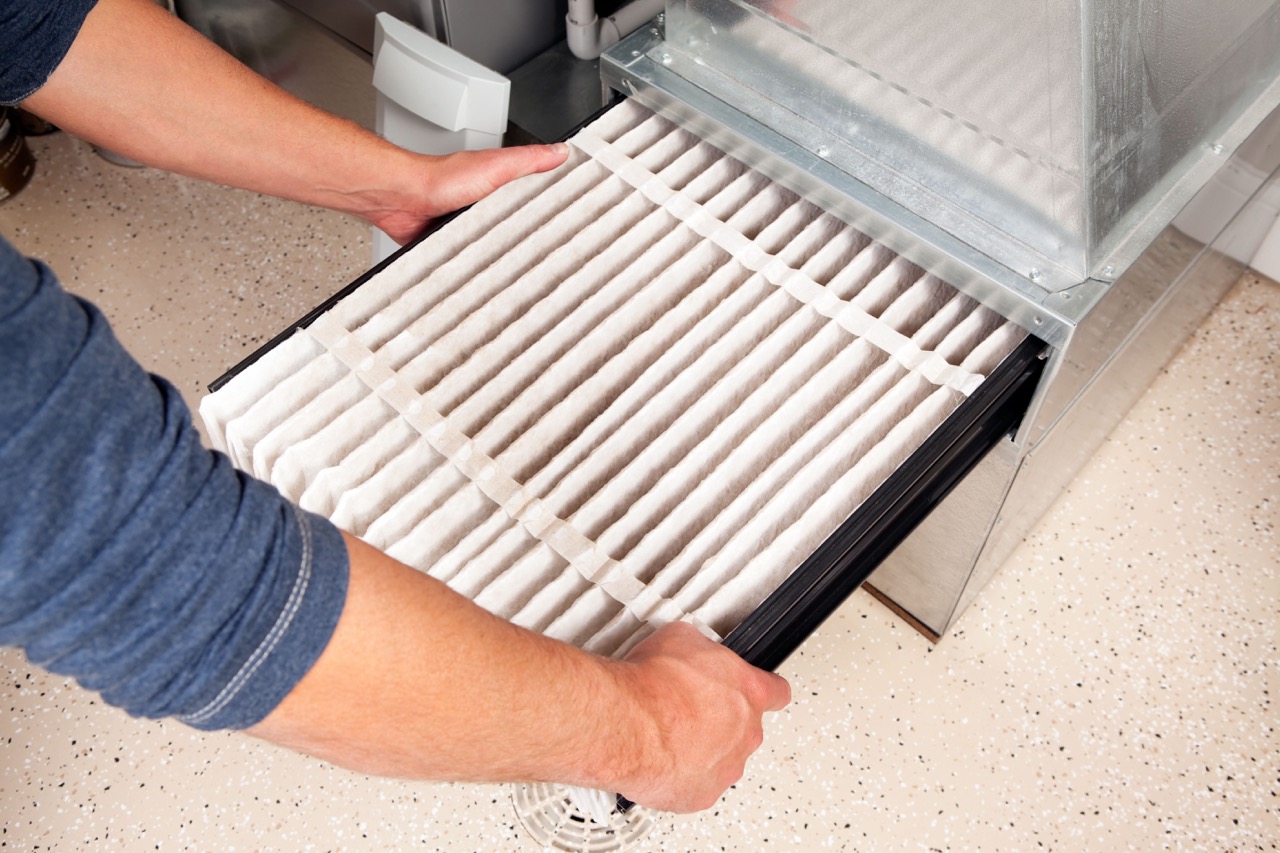
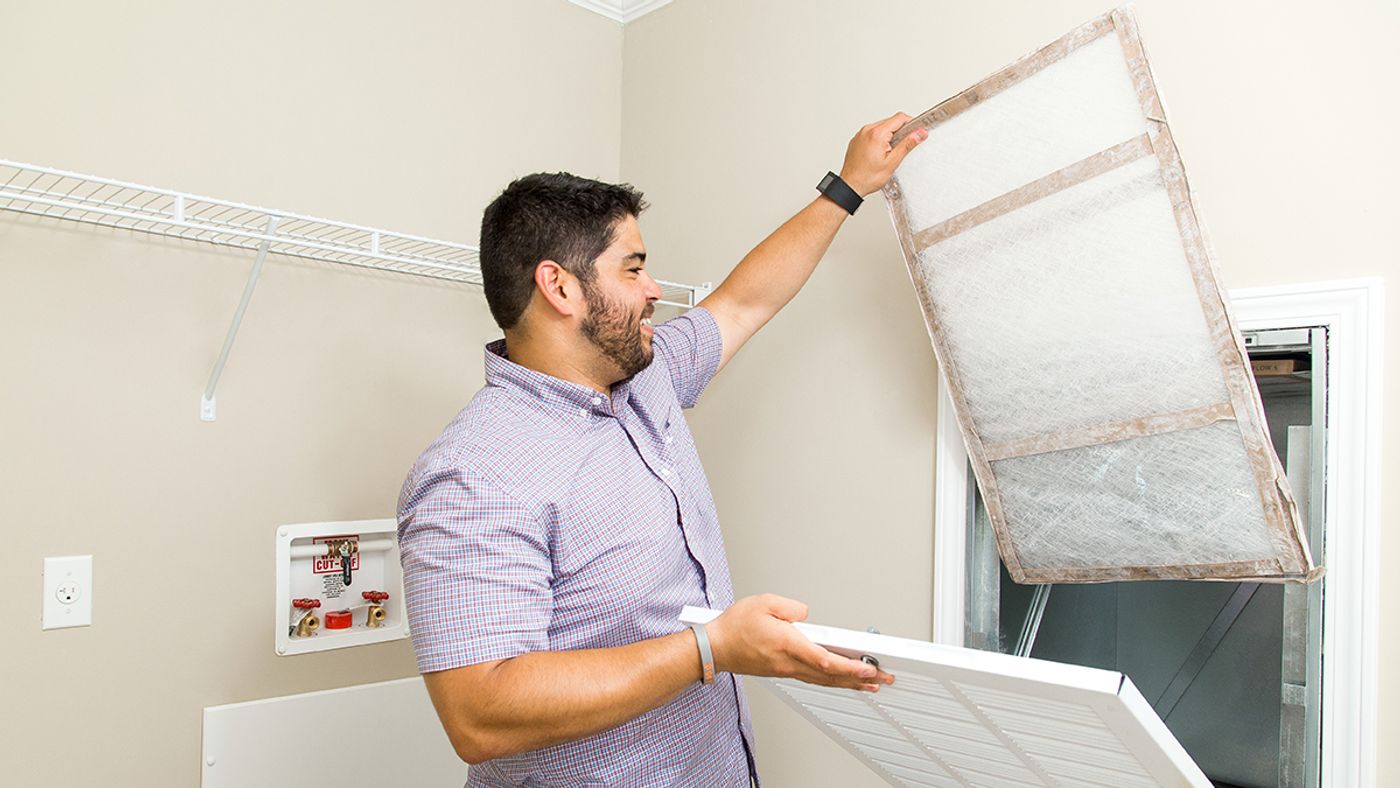
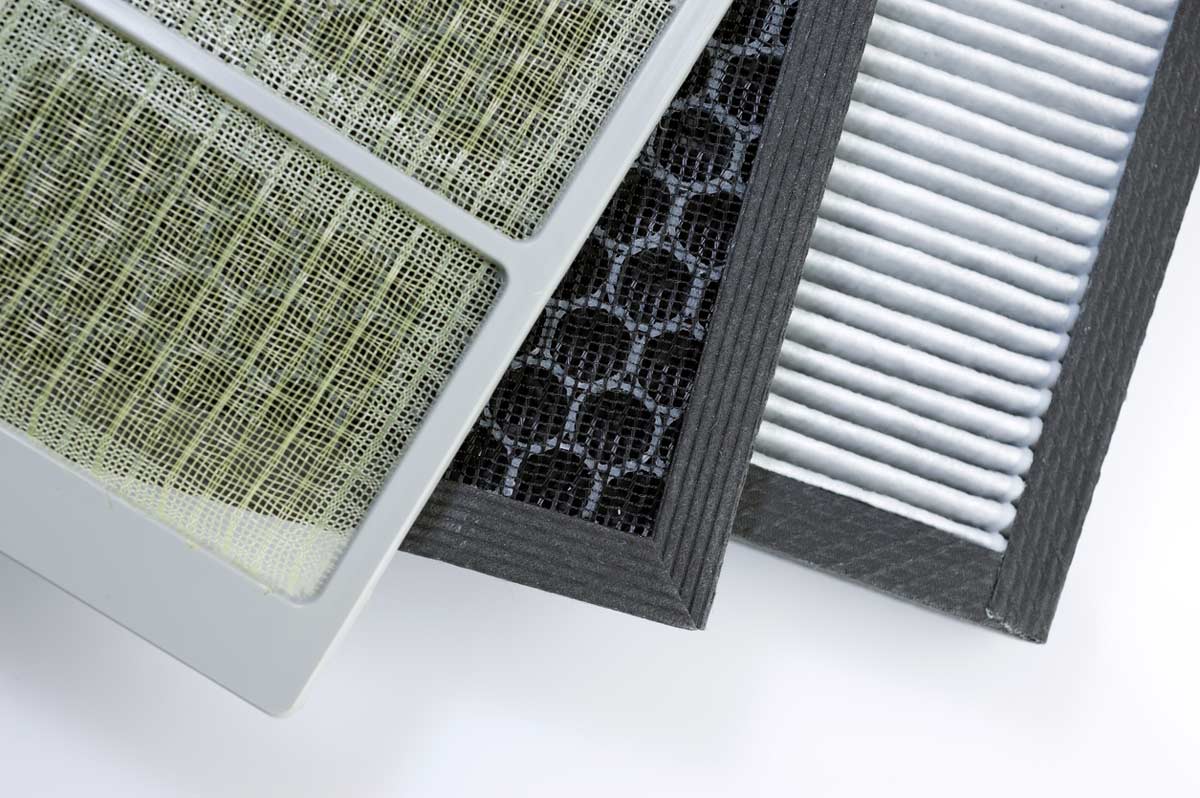
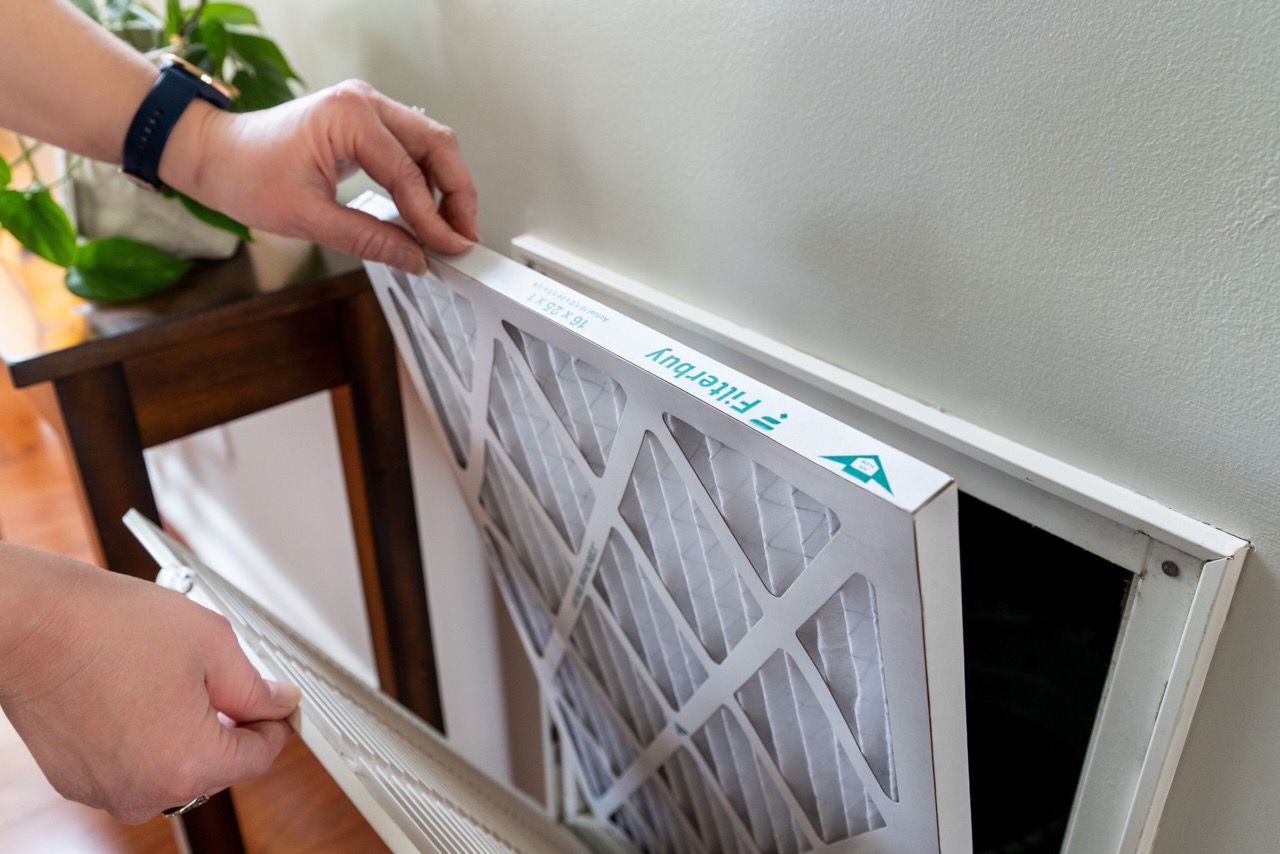
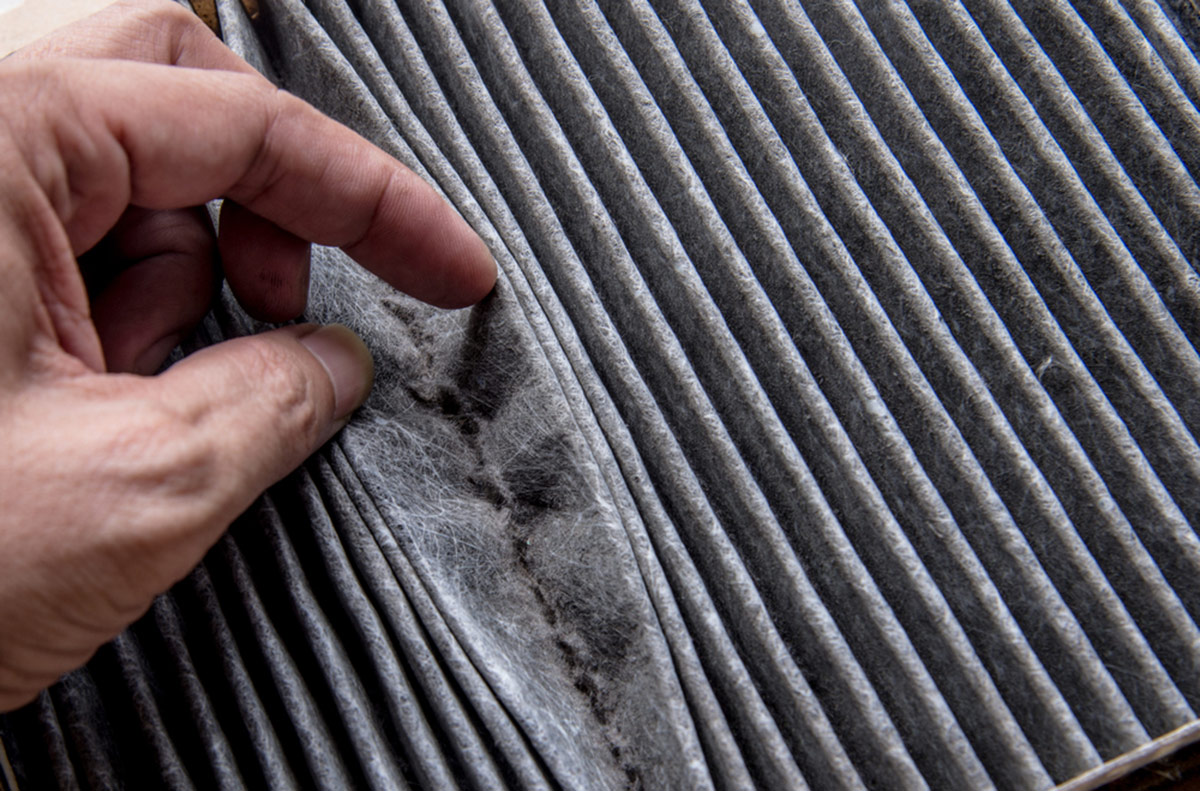
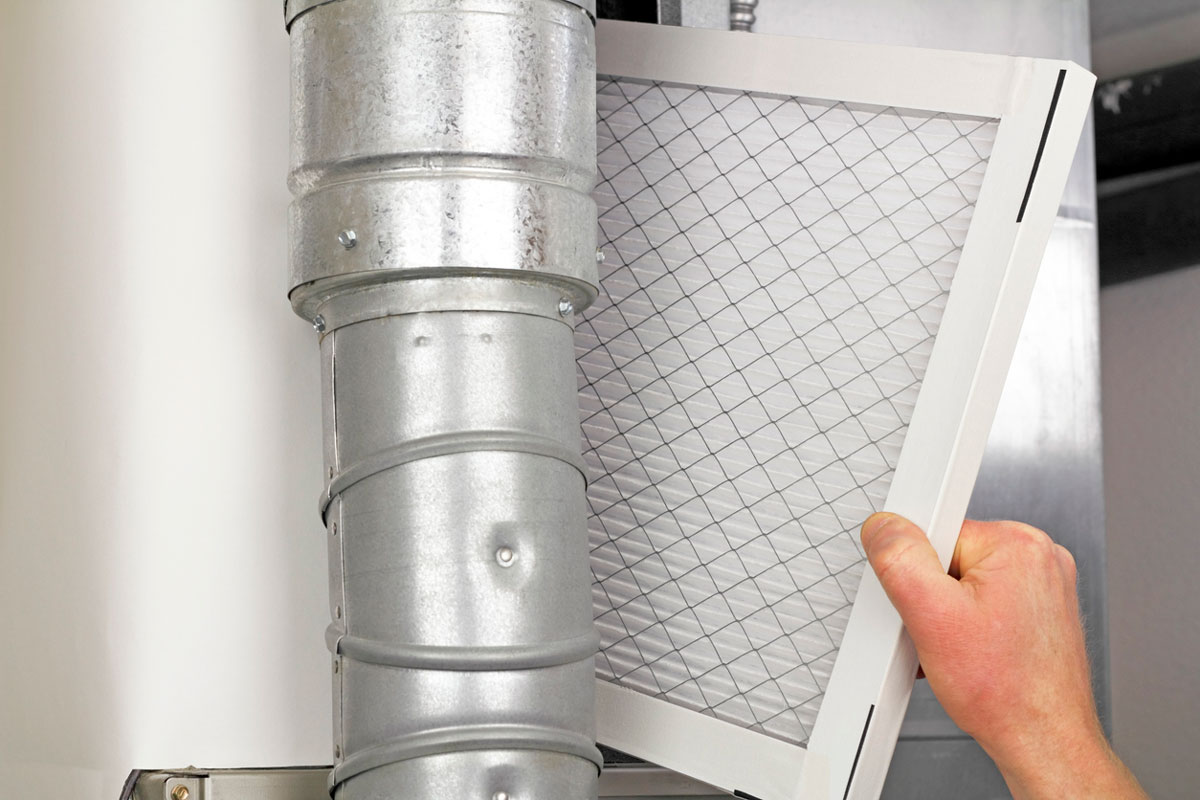
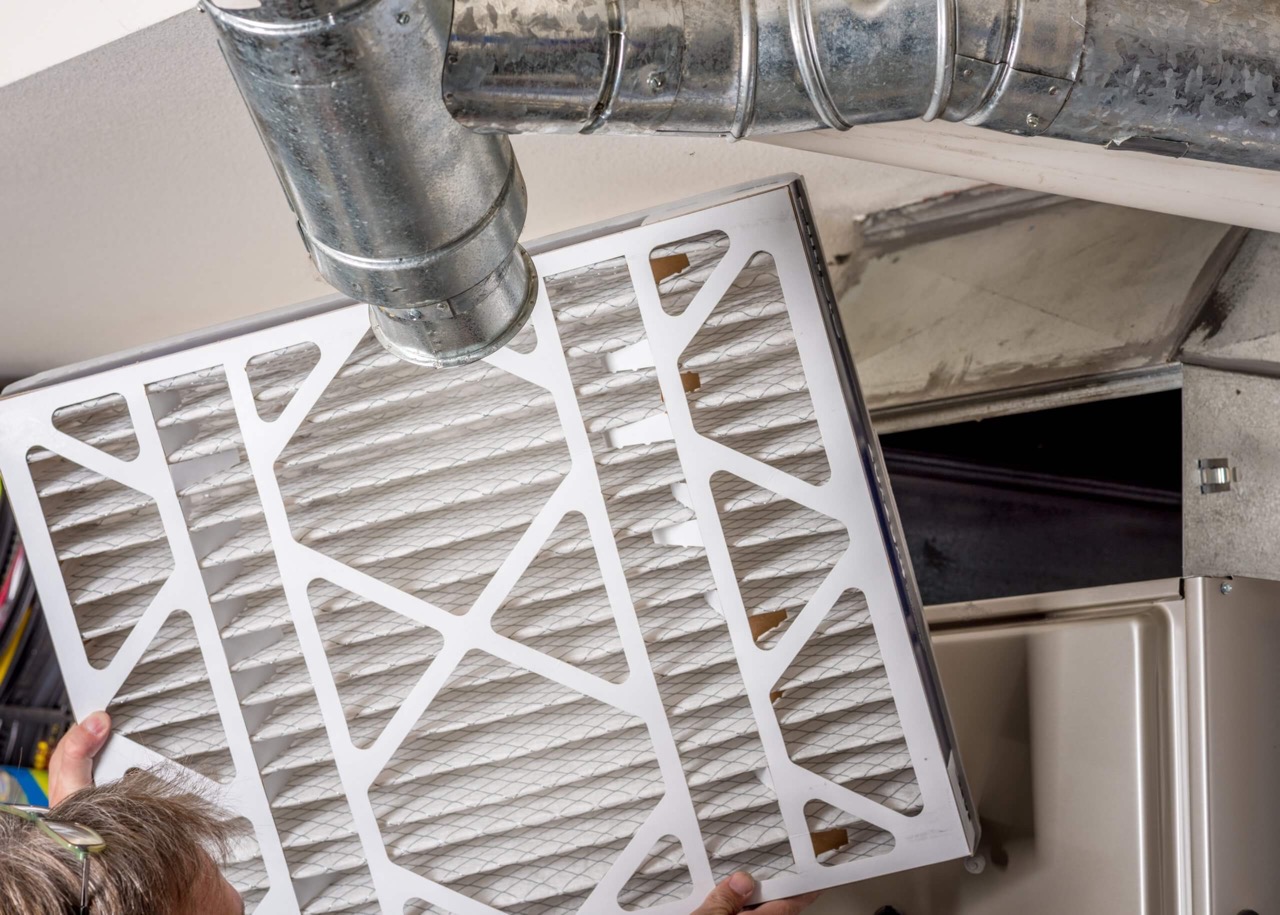
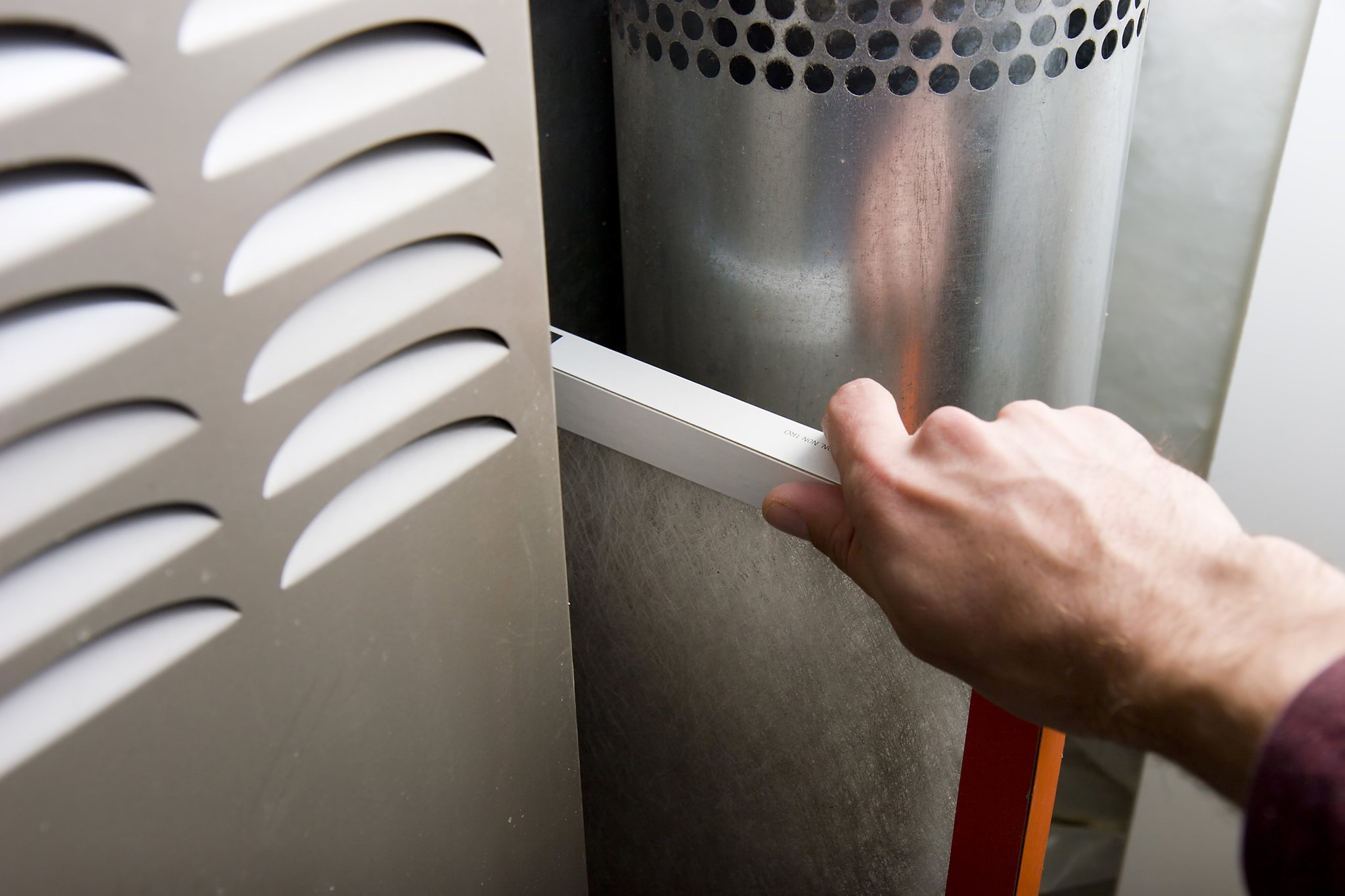
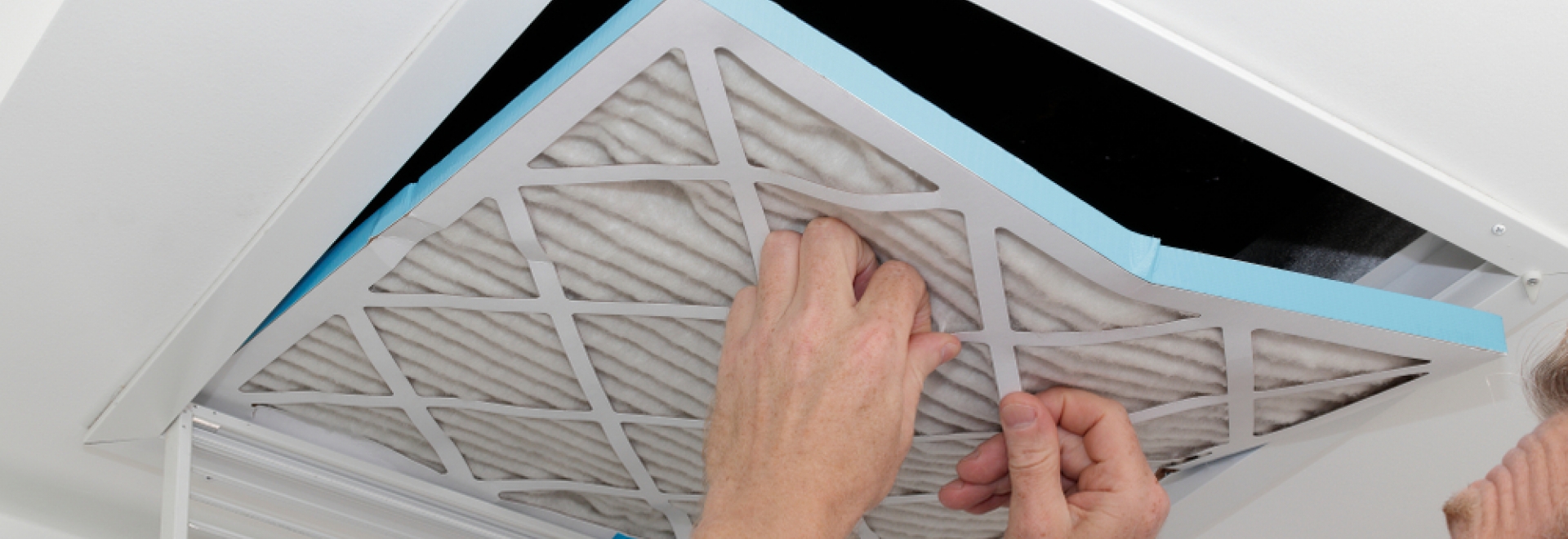
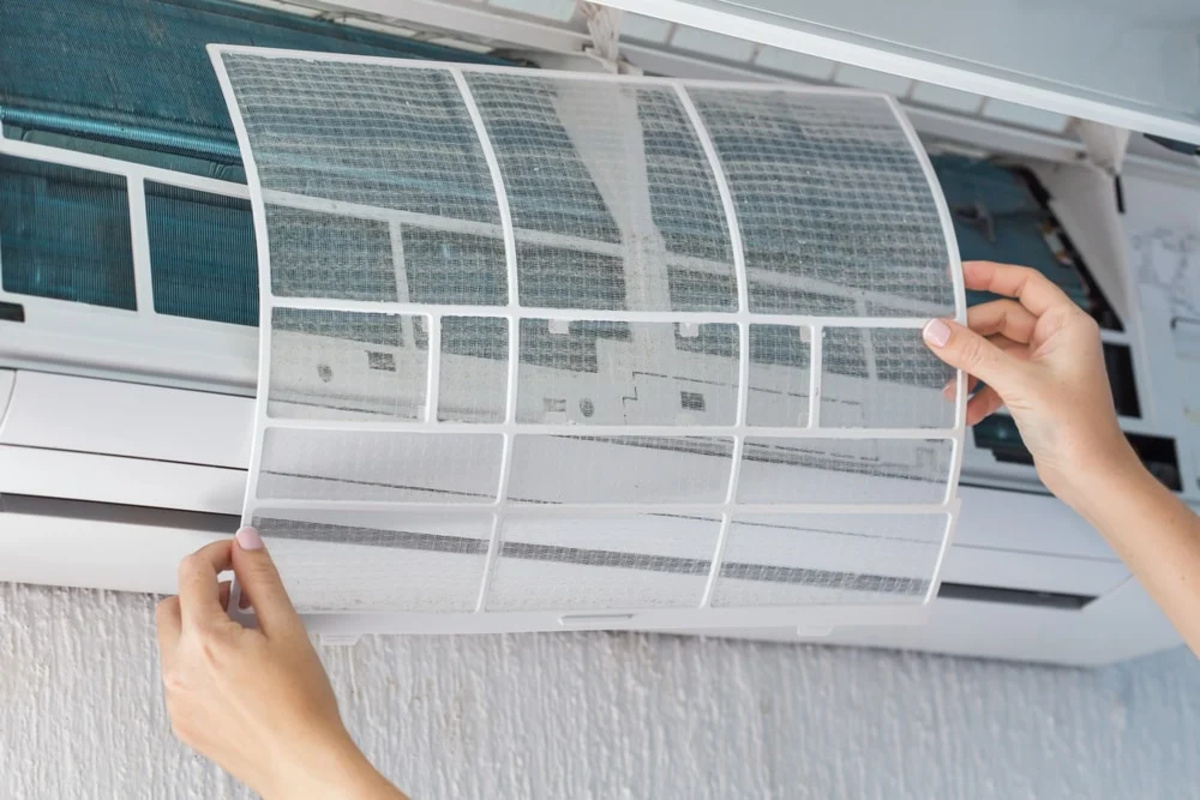
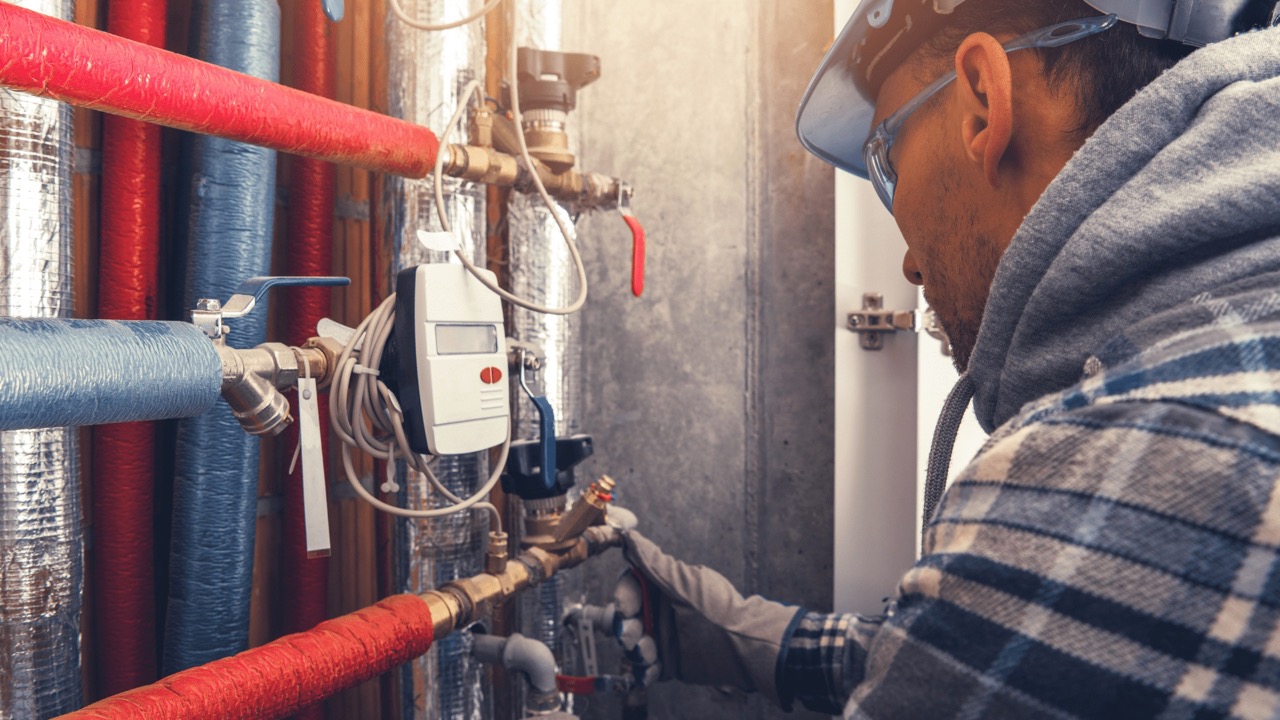
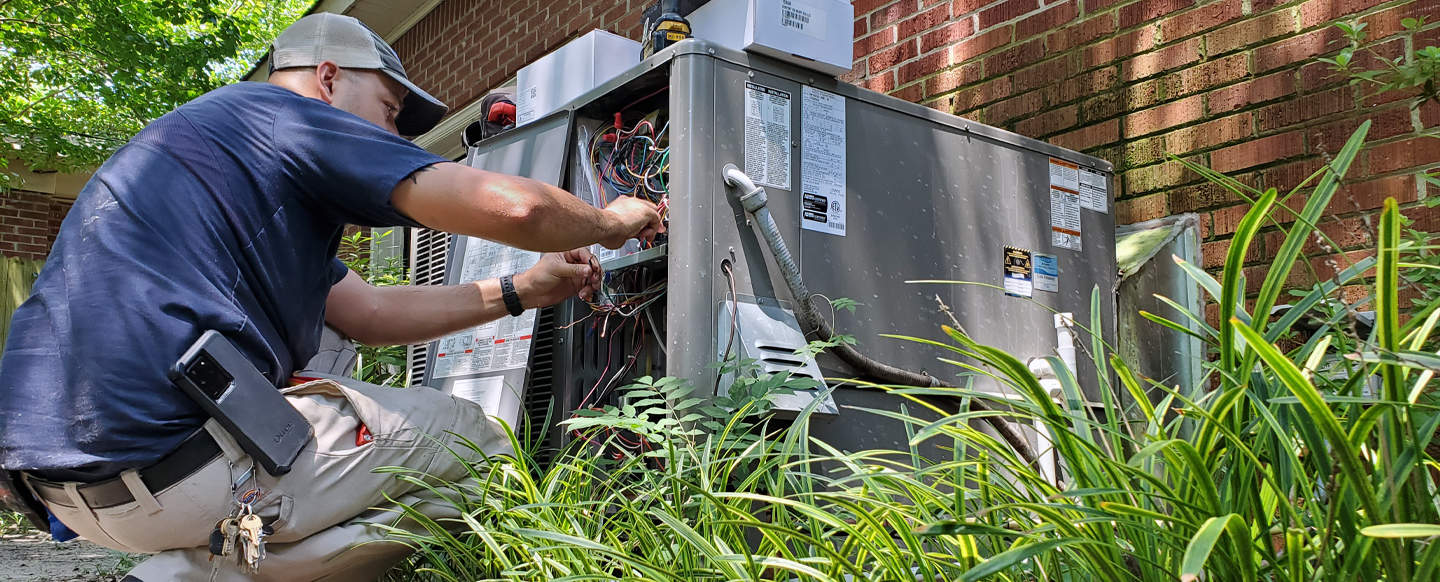
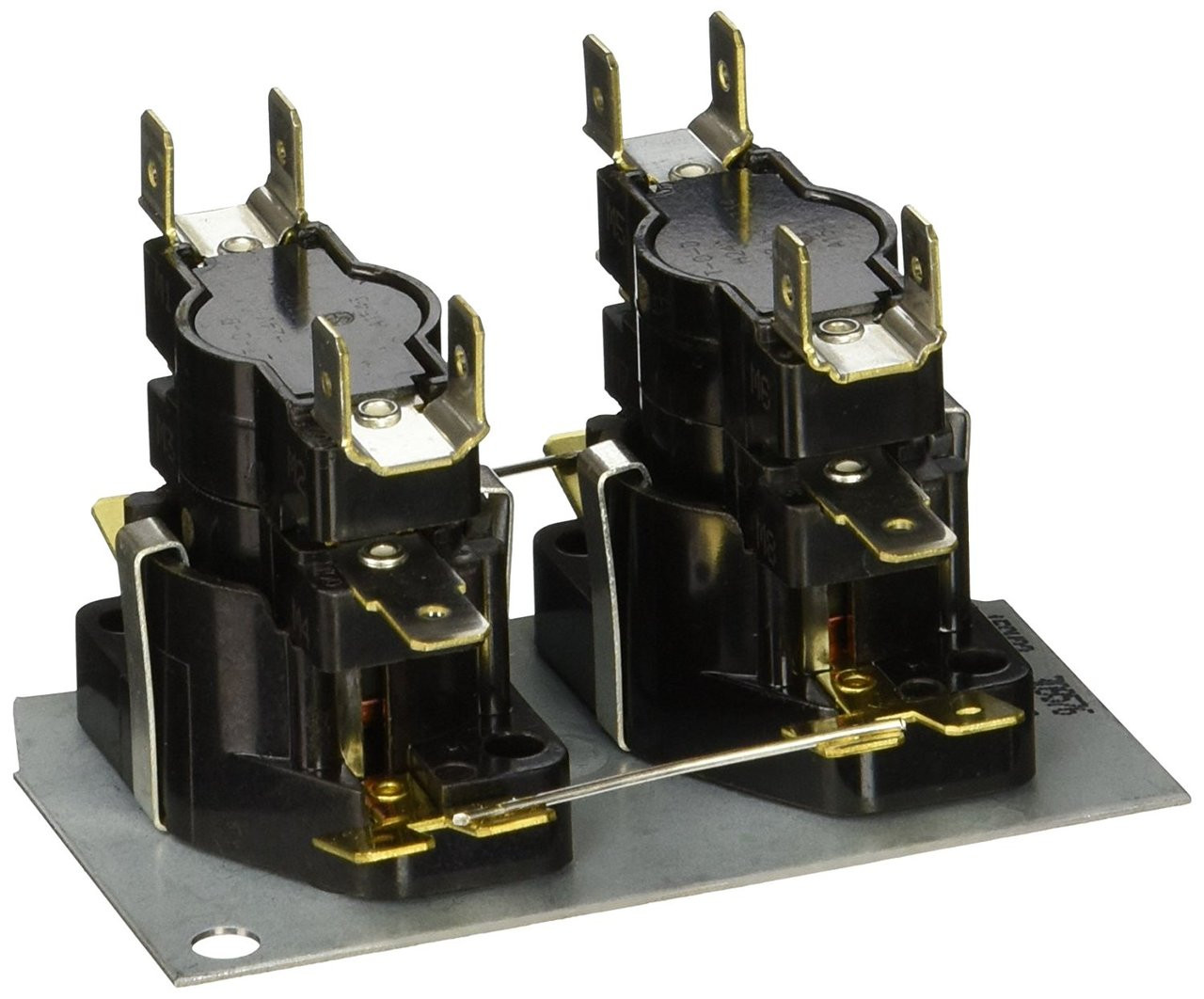
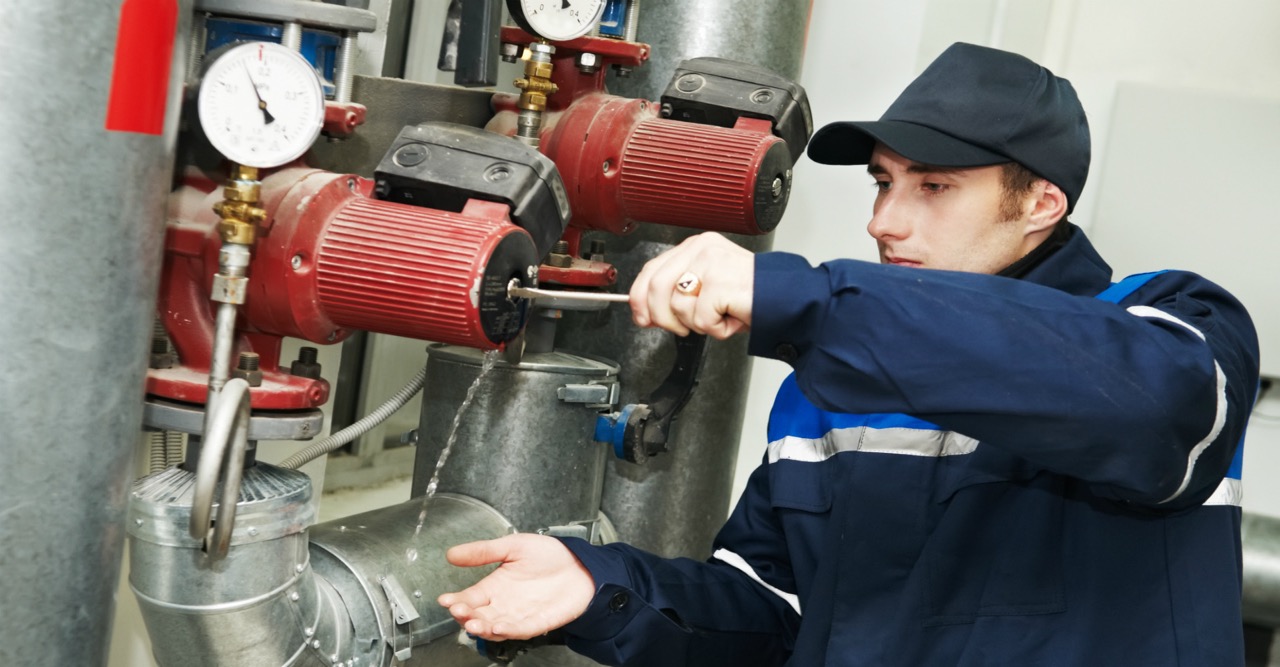

0 thoughts on “What Is A HVAC Filter”